There are women out there that just aren't emotional. No, we aren't heartless, we aren't robots, we just harness our emotions and keep them in a box sometimes. I'm that way and I know that it's hard for me to become emotional, especially in my marriage. If you are an unemotional woman, it's okay! Take a look below and see if you relate!
1. Comforting People? You Try...
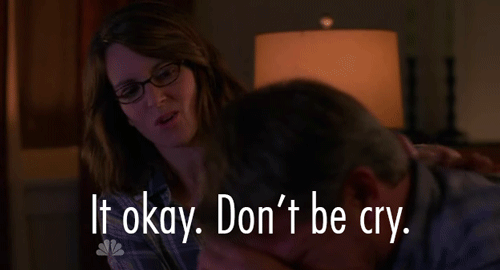
2. You've Been Accused a Lot of Being a Robot
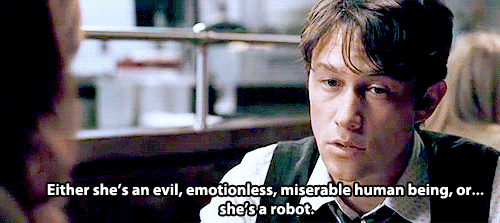
3. Sometimes, People Say You Are Socially Awkward

4. You do Get Moved by Movies, but You Don't Cry Often

5. You Try with Kids

6. You Struggle with Relationships Because They Don't Understand Your Lack of Emotions

7. You're Friends Come to You when They Need to Calm down

8. It's Hard for You to Trust

9. You Don't Show That You Care a Lot

10. ...but You do, Deep down
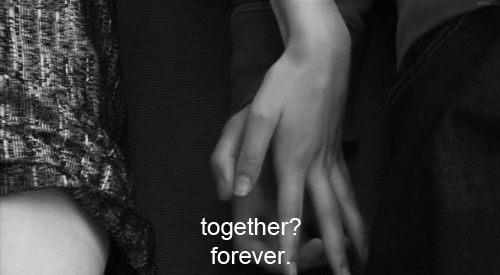
11. Sometimes, People Believe You Are Ungrateful

12. … but You Aren't, in Fact, You Are Very Grateful for Everyone in Your Life
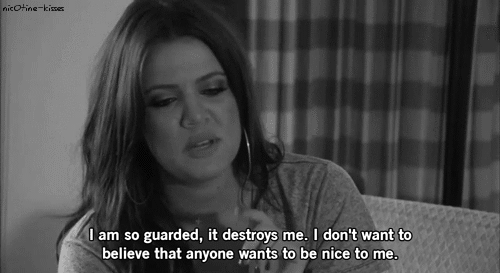
13. When You Find Someone That Lits Your World on Fire?

14. The Emotional Wall Breaks down Completely
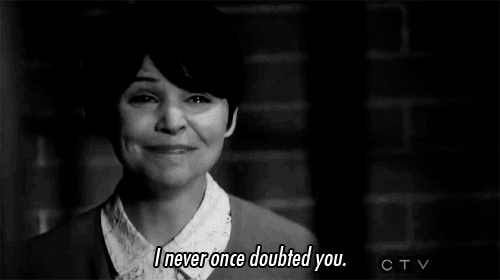
15. But It's Hell for You to Go through That

16. … so You Stay Guarded until Someone is Willing to Be Patient
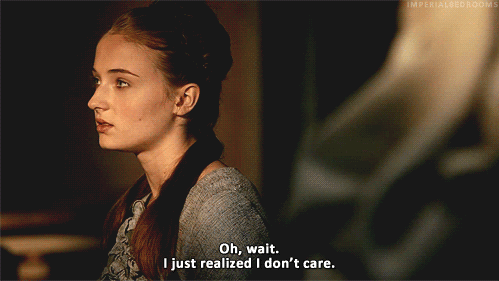
17. All Interactions Stay Surface-level, No Deeper until Someone Breaks through
